Paradiso Canto 17
OVERVIEW
Susan Felch is the Director of the Center for Christian Scholarship at Calvin University, where she also teaches courses in English. She is the author of Teaching and Christian Imagination, and her research explores religion and literature, cultural studies, and 16th century British literature.
Questions for Reflection
- Dante asks Cacciaguide to explain the prophecies about his future that he heard in Inferno and Purgatorio. Now it is time for Dante to learn of his impending exile. Why is it fitting for Cacciaguida to be the one to inform Dante of his future rather than Beatrice or Virgil?
- Who is responsible for Dante’s exile (17.49-51)? How will Dante experience the pains of exile (17.57-72)?
- (g) Why does Cacciaguida warn Dante against being envious of his enemies in Florence (17.97)? Why would envy be so spiritually dangerous for Dante in a time of personal suffering? How does envy threaten the spiritual good that we often face in life? Based on yur reading of the Comedy so far, has Dante been successful in his “foreswearing all envy” of his enemies?
- How is Dante to use his exile both to the glory of God and for the salvation of his enemies (112-142)?
- The episode with Cacciaguida ends on something of a comment on the purpose of Dante’s pilgrimage. Why has Dante been entrusted with this journey through the afterlife beyond his own spiritual benefit? Why has he been shown so many famous figures in the course of his pilgrimage so far? What effect will Dante’s words (i.e. the Comedy) have on its readers?
DETAILS
- Dr. Susan Felch
- Calvin University
- Run Time 12:18








